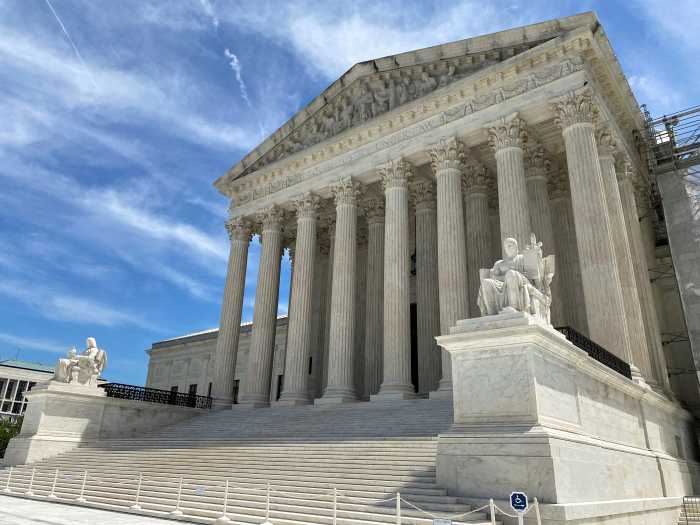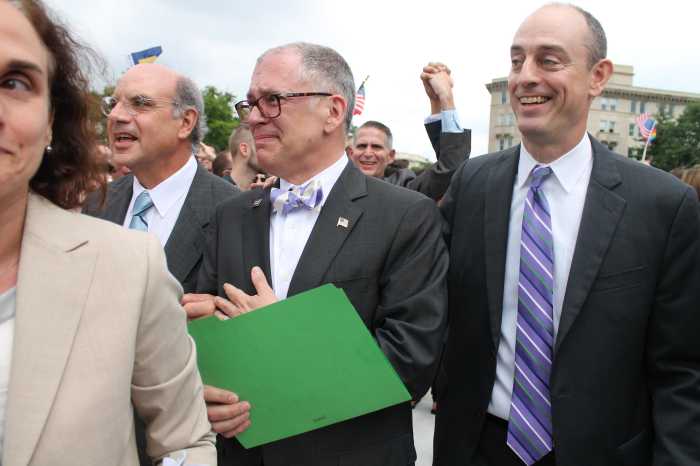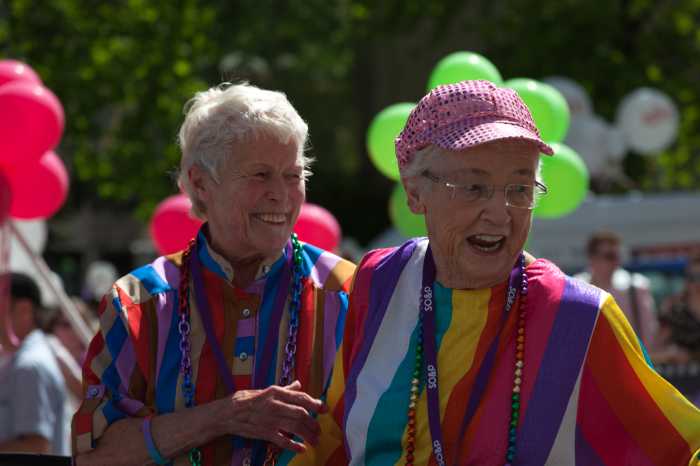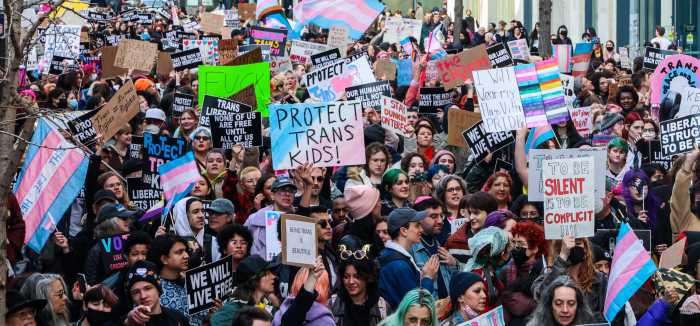In its vote last week to keep the government from shutting down, Congress barred the appropriation of federal funds to support syringe exchange programs, reinstating an earlier ban that was repealed in 2009.
That year, legislation sponsored by Congressman José E. Serrano, a Bronx Democrat, ended a ban on federal funding that had been supported by the previous several administrations, Republican and Democratic, dating back two decades. Serrano called the restoration of funding restrictions “a large setback on our goal of allowing life-saving syringe exchange programs to operate freely.”
New York City’s experience with needle exchange demonstrates the efficacy of such efforts in reducing HIV infections. By the early 1990s, injection-drug users (IDUs) were estimated to be among the leading demographics in the city at risk for HIV infection. In 1992, the state legalized syringe exchanges, and in the years since there have been dramatic reductions in the infection rate within that community.
According to the Harm Reduction Coalition, which advocates on behalf of clean needle availability, between 1990 and 2001, the rate of HIV prevalence among city IDUs declined from 54 percent to 13 percent. This drop demonstrates the starkly higher mortality faced by infected IDUs, but also shows that new infections were declining. In 2002, 49,699 or 40 percent of the HIV/ AIDS cases reported by the state department of health were tied to injecting drugs. By 2008, the total number of IDU infections had declined to 17,629.
The city health department said that of 1,787 new diagnoses of HIV/ AIDS in New York, only 77, or 4.3 percent, were drug injectors. Testing showed that roughly 71 percent of those infections had occurred within the previous three months. (Unfortunately, more than 20 percent of the positive results were discovered concurrently with an AIDS diagnosis, meaning that those individuals had unknowingly lived for years with a contagious infection.)
In response to questions from Gay City News, city health officials said that in the past year, $1 million in tax levies were appropriated for needle exchange and that no federal dollars were spent. The state health department responded that its appropriations from the federal Centers for Disease Control and Prevention had, in the past two years, given it flexibility to apply funds toward clean syringes. It was too soon, officials said, to know if the renewed ban would hinder existing programs.
Advocates for clean needles nationwide are similarly unable to say precisely what impact the cutoff in funding will have in other localities.
The return of the syringe funding ban is the latest in a serious of victories that conservative Republicans who control the House have had in turning back advances in social and health policy made during the first two years of the Obama administration. Serrano noted that Democrats were successful in blocking a similar renewal of the expired ban on the District of Columbia using its tax levies to fund syringe exchanges.
Conservatives have also gotten nowhere on their hope of forcing the District to put its marriage equality law up to a voter referendum.
The long hand of the Tea Party succeeded, however, in re-imposing a ban on District-financed abortions for lower income women.
In a written statement to allies on the syringe exchange issue, Serrano said, “We were only able to achieve these long-overdue policy changes because of the years of advocacy, education, organizing, and hard work that you all carried out… Like you, I feel frustrated at moving backwards. But also like you, I know that we have the power of facts, science, and experience on our side in this debate. We will have to begin to re-engage and re-start our push to educate those who don’t understand the lifesaving power of syringe exchange programs.”
David Borden, a drug reform blogger, wrote, “Don’t give up and don’t think that it’s over. The ban got repealed once, and it will get repealed again.”


































